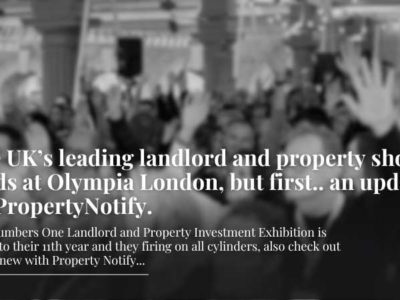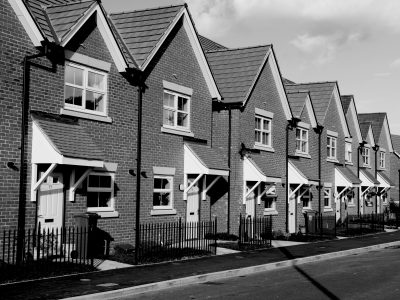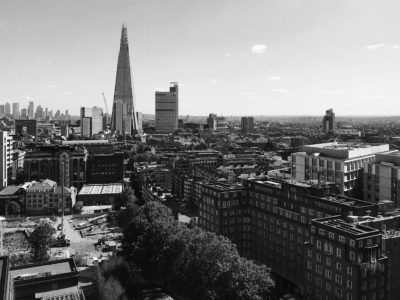Social renters have the lowest life satisfaction and experience the greatest anxiety according to analysis of the latest data by a leading property firm.
Apropos, a UK-wide letting firm, has analysed the latest 2019-20 English Housing Survey (EHS) which shows that social renters have the lowest levels of life satisfaction (71%); are least likely to believe that life is worthwhile (74%); and have the lowest levels of happiness (70%) compared to all other housing groups.
The survey also states that social renters also experience the highest degree of anxiety (32%).
Those in the private rented sector (PRS) said 74% were satisfied with life; 78% felt that life was worthwhile; 73% were happy; while 29% experienced anxiety.
The most satisfied group are homeowners with 79% satisfied with life; 81% believing that life is worthwhile; 78% were happy, while 25% were anxious.
David Alexander, joint Chief Executive Officer of apropos, commented:
“This survey highlights just how much needs to be done to improve the home lives of many millions of people.”
“Given that this survey predates the coronavirus pandemic it is a sad indictment that so many people in social housing should feel anxiety and have the lowest levels of happiness.”
“Equally it is extraordinary that so many people should feel anxious in their homes when this is the place, they should feel safest.”
“The last year has simply confirmed that for all of us our homes are central to our wellbeing.”
“Having a home where we feel safe, secure and happy is a prerequisite for all in society so to have so many people unhappy in their residence is something that needs to be addressed.”
The EHS found that social renters face the highest levels of overcrowding with 8.7% recorded in the latest survey which is an increase of 35.9% (up from 6.4%) over the last five years.
The survey found that social renting is the most static of the three main housing groups with 145,000 moves among the 4.0m in 2019-20 in the sector. 23,000 people moved from the social to the private rented sector with an undisclosed number (because the sample size is so small) moving into owner occupation.
The PRS had 703,000 moves in 2019-20 within its 4.4m renters with 131,000 new households; 192,000 buying a property; and 74,000 moving into social renting. 99,000 people moved from property owning into private renting.
David continued:
“The issue of increased overcrowding in the social renting sector is clearly concerning and I would urge government to address this immediately.”
“The social housing sector is quite static in that once people are housed, they rarely move and there needs to be greater fluidity so that people feel they have options to move into the PRS or into buying a home at some point in the future.”
“The notion of entering social housing in your 20’s and remaining there for the rest of your life does not seem sensible in the current housing market.”
“Greater flexibility on tenure within social housing is required so that larger properties are redistributed according to need; increased cooperation and liaising with the PRS; and more building projects for the coming decade to cope with the changing demands of renters and the expected growth in population across the country.”
“Housing is a complex and constantly changing issue and governments and local authorities need to be sensitive to the demands of buyers and renters to reflect their fluctuating needs more adequately.”
David concluded:
“The pandemic has simply highlighted and accelerated changes which were occurring anyway and coming out of this period we need to develop an approach which encompasses more desirable social housing, improved relationships with the private rented sector, and a more unified approach to delivering effective, and appropriate homes for the future.”

























Private renters likely to feel less secure as flight from being a PRS landlord gets noted by observers and. .. Continues maybe increasing as lockdown eventually ends – I hope the govt is taking note